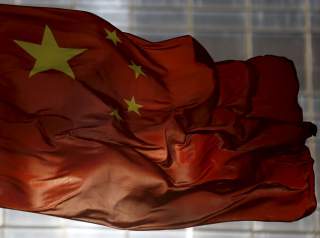China's New Soft Power Showdown
What will Beijing gain from its soft-power efforts?
To paraphrase the constructivist theorist Alexander Wendt, the anarchy of the international system may be what we make of it, but so is the internal construct of our respective social contracts. Failing to take this into account in the use of soft power is setting the benevolent third party up for failure, regardless of how successful their own system of government is within their own borders. The error for the West was not the use of soft power to reform the international system. It was the naive over-reliance on the expectation that American-style “freedom” was the basic setting of human society and that a nefarious government system got in the way. Soft power has its place, but as part of a systemic approach that understands that supporting the long-term evolution of the society is the goal, not a quick change of regime and then the vote. If China fails to realize this as well as it moves into a position as a major non-Western player, it will soon find to its own detriment that absent an organic change in social contract, soft power will only produce the same results as it has for the West.
Matt Marietta, Ph.D. is a career emergency management practitioner and an adjunct government professor. He earned his PhD in political science and international relations from Georgia State University in 2012 and writes on topics of community resiliency, disaster management, and general public administration.

